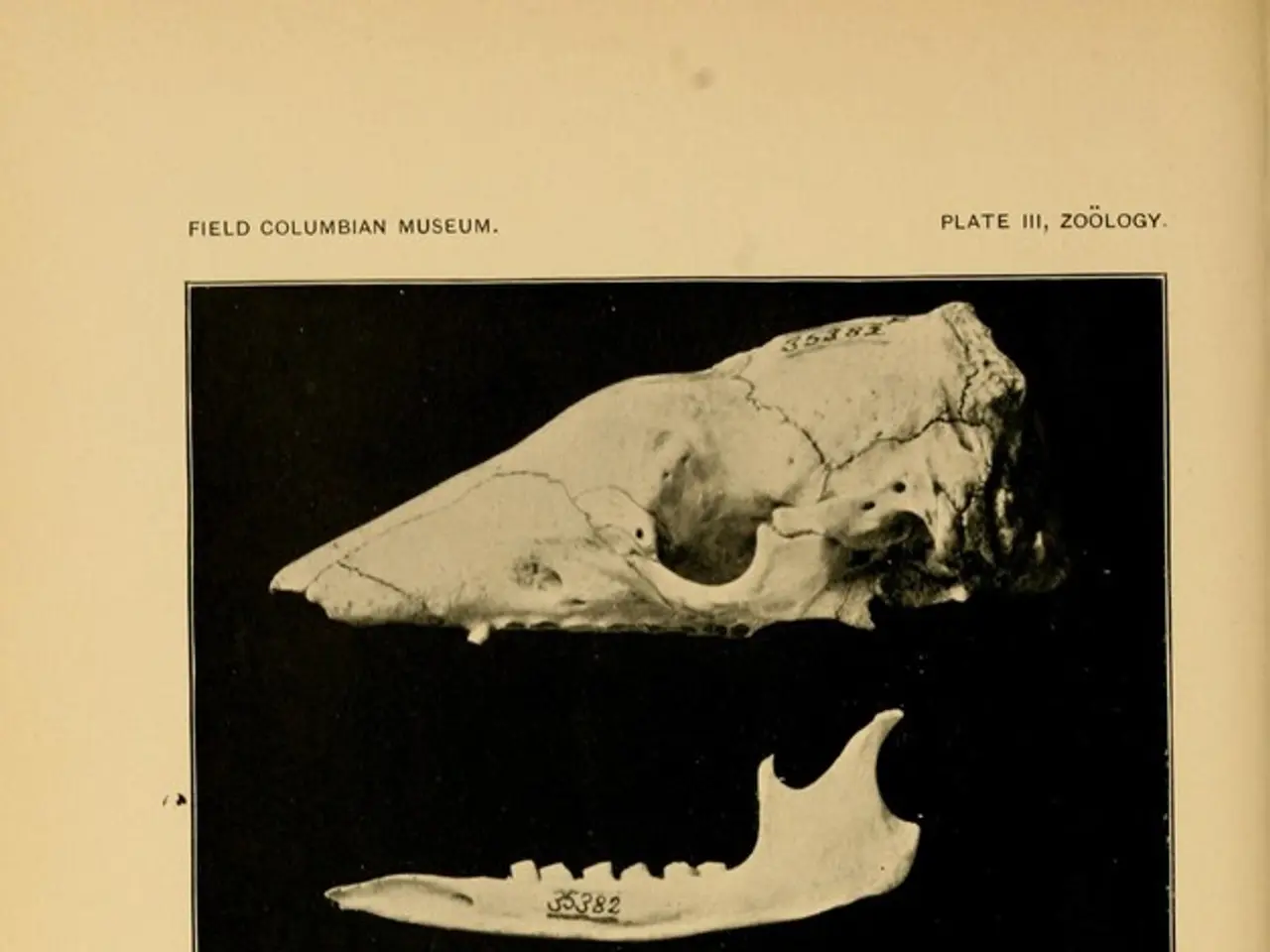Advancements in Antidepressant Drugs: A Detailed Overview of Recent Developments and a Pathway for Depression Therapy Improvement
In recent years, the landscape of antidepressant medications has seen significant advancements, particularly in the development of atypical antidepressants and novel therapeutic approaches. These advancements aim to address the limitations of traditional antidepressants, providing new hope for those who have struggled with depression.
### Atypical Antidepressants
Atypical antidepressants, a diverse group of medications that do not fit into traditional categories like SSRIs, TCAs, or MAOIs, often have multiple mechanisms of action and are used when traditional treatments fail or are not tolerated. Examples include bupropion, mirtazapine, and vortioxetine.
### Novel Therapeutic Approaches
1. Rapid-Acting Antidepressants: Medications like esketamine have been developed for major depression, offering faster relief compared to traditional antidepressants. Brexanolone and zuranolone are targeted at postpartum depression.
2. Neuroactive Steroids: These compounds offer rapid onset and a unique mechanism of action, potentially addressing the limitations of traditional antidepressants. They are particularly promising for conditions like postpartum depression, where traditional treatments may not provide a rapid response.
3. Targeting Dopamine Neurons: Research into novel targets in dopamine neurons suggests a potential new therapeutic approach for treatment-resistant depression.
### Differences from Traditional Approaches
New antidepressants often have broader or more targeted mechanisms, unlike traditional SSRIs or TCAs that primarily focus on serotonin or norepinephrine reuptake inhibition. They also offer quicker relief compared to the weeks or months required for traditional antidepressants to take effect. Some new medications, such as neuroactive steroids, show less tolerance development and potentially fewer side effects compared to traditional antidepressants.
### Conclusion
These advancements aim to address the limitations of traditional antidepressants, particularly for treatment-resistant patients. By offering diverse mechanisms of action and faster onset times, these new medications provide hope for improved treatment outcomes in psychiatry.
Esketamine (Spravato), a breakthrough nasal spray, modulates glutamate and provides rapid relief within hours, showing promise in treating Treatment-Resistant Depression. Depression affects millions of people worldwide, significantly impacting their quality of life and overall well-being.
Combination therapies, integrating different classes of medications or psychotherapy, are gaining traction in depression treatment. The choice of medication, dosage, and overall treatment plan should be tailored to each individual's specific needs and circumstances. It's crucial to remember that depression treatment should always be guided by a qualified healthcare professional.
Several new antidepressants have received FDA approval, employing novel mechanisms of action that target different aspects of brain chemistry and function. Psychedelic-assisted therapies, particularly the use of psilocybin, are showing promising results in treating depression, especially in treatment-resistant cases. Neuroplasticity enhancers are gaining attention in the field of depression treatment, aiming to promote the growth and reorganization of neural connections in the brain.
Fast-Acting Antidepressants have emerged as a new hope for rapid depression relief, providing relief within hours or days compared to traditional antidepressants. Clinicians may soon be able to tailor antidepressant treatments to individual patients using genetic testing and biomarker analysis.
For a balanced perspective on antidepressants, you can read the article "Are Happy Pills Real? Understanding Antidepressants and Their Effects." The Future of Depression Treatments: Innovative Approaches for Better Mental Health is an article that provides a more in-depth look at what's on the horizon in depression treatment.
- The development of atypical antidepressants and novel therapeutic approaches in the field of mental health, such as esketamine, rapid-acting antidepressants, neuroactive steroids, and psychotherapy, aims to address the limitations of traditional antidepressants, providing new hope for those struggling with mood disorders like depression.
- While traditional antidepressants primarily focus on serotonin or norepinephrine reuptake inhibition, new antidepressants often have broader or more targeted mechanisms, showing less tolerance development and potentially fewer side effects.
- The science behind mental-health and health-and-wellness is evolving rapidly, with approaches like psychotherapy, psilocybin-assisted therapy, and neuroplasticity enhancers gaining traction in the treatment of mood disorders.
- As mental health becomes more prioritized, clinicians will soon be able to tailor antidepressant treatments to individual patients using genetic testing and biomarker analysis, offering faster relief and improved treatment outcomes.




